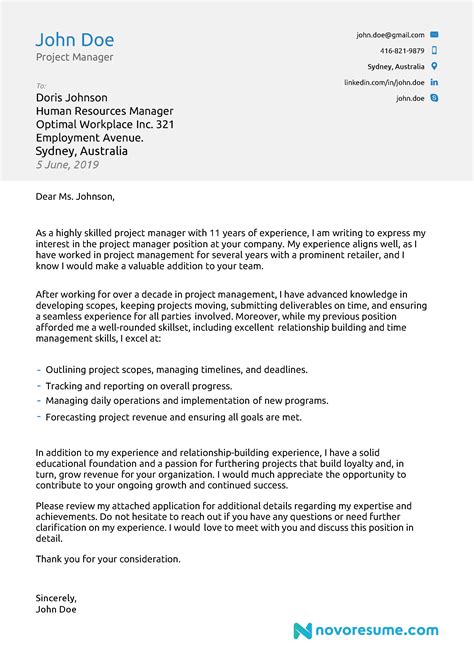Starting A Professional Letter: Tips & Examples In English

When it comes to writing a professional letter, it’s important to start off on the right foot. The opening of your letter sets the tone for the entire communication and can make a lasting impression on the recipient. In this article, we will provide you with tips and examples to help you start your professional letter effectively.
1. Address the recipient properly
Before you start writing your letter, make sure you know the correct title and name of the person you are addressing. If you are unsure, do some research or make a phone call to confirm the correct information. Using the wrong title or name can make a negative impression right from the start.
2. Use a formal greeting
Once you have the correct information, use a formal greeting to address the recipient. This could be “Dear Mr./Ms./Dr. [Last Name]” or “To Whom It May Concern” if you don’t have a specific name. Avoid using informal greetings like “Hey” or “Hi” in a professional letter.
3. State the purpose of your letter
After the greeting, it’s important to clearly state the purpose of your letter. This will help the recipient understand the reason for your communication right away. Whether you are requesting information, making a complaint, or expressing gratitude, be direct and concise in your statement.
4. Provide a brief introduction
Following the statement of purpose, you can provide a brief introduction to give the recipient some context. This could include a sentence or two explaining who you are and why you are writing the letter. Keep it concise and relevant to the purpose of the letter.
5. Use a compelling opening sentence
To grab the reader’s attention and make them interested in reading further, it’s important to use a compelling opening sentence. This could be a shocking statistic, an interesting anecdote, or a thought-provoking question related to the topic of your letter. Make sure it is relevant and engaging.
6. Show empathy or understanding
If you are writing a letter that addresses a problem or complaint, it’s important to show empathy or understanding towards the recipient’s perspective. This can help create a more positive and receptive tone in your letter. Acknowledge any inconvenience or frustration they may have experienced.
7. Use a professional tone
Throughout your letter, maintain a professional tone. Avoid using slang, informal language, or unnecessary jargon. Use clear and concise language to convey your message effectively. Remember, your goal is to communicate in a professional manner.
8. Provide relevant information or context
Depending on the purpose of your letter, it may be necessary to provide additional information or context. This can help the recipient understand the situation better and respond appropriately. Use bullet points or numbered lists to organize and present the information clearly.
9. Include a call-to-action
At the end of your letter, include a call-to-action to guide the recipient on what to do next. This could be a request for a response, a meeting, or any other desired action. Make it clear and concise, and provide any necessary contact information.
10. Express gratitude or closing remarks
Finally, express gratitude or include closing remarks to end your letter on a positive note. This could be a simple “Thank you for your attention” or a more personalized closing remark. Sign off with a formal closing like “Sincerely” or “Best regards” followed by your name and contact information.
Conclusion
Starting a professional letter on the right note is crucial for effective communication. By addressing the recipient properly, using a formal greeting, stating the purpose clearly, providing relevant information, and maintaining a professional tone, you can create a positive impression and set the tone for the rest of your letter.
Frequently Asked Questions
-
What is the importance of starting a professional letter effectively?
Starting a professional letter effectively is important because it sets the tone for the entire communication. It creates a positive impression and grabs the reader’s attention, increasing the likelihood of a successful outcome.
-
How can I find the correct title and name of the person I am addressing?
To find the correct title and name of the person you are addressing, you can do some research online or contact the organization directly. Look for their website, LinkedIn profiles, or any other relevant sources of information.
-
What are some examples of compelling opening sentences for a professional letter?
Some examples of compelling opening sentences for a professional letter include: “Did you know that 80% of customers prefer personalized service?”, “I recently came across your impressive work on [specific project or achievement]”, or “Have you ever wondered how technology is transforming our industry?”.
-
How can I maintain a professional tone throughout my letter?
To maintain a professional tone in your letter, avoid using slang or informal language. Use clear and concise language, and avoid unnecessary jargon. Keep the focus on the purpose of your letter and communicate in a respectful manner.
-
Should I include my contact information in the closing remarks?
Yes, it is important to include your contact information in the closing remarks of your professional letter. This makes it easier for the recipient to reach out to you if they have any further questions or need to follow up on your communication.
